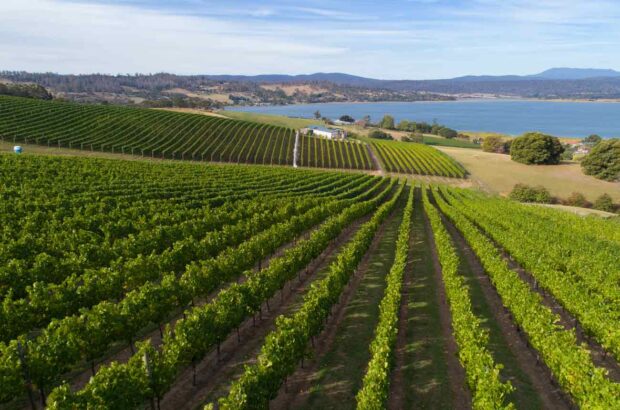Francois Hollande, president of France, said this week that he 'can not rule out' further tax rises in 2014, prompting expectation from the wine industry of a further acceleration in chateaux sales.
Recent laws have tightened the screws on chateaux owners.
Firstly, an exoneration on capital gains that came in after 15 years ownership was raised to 30 years by the previous Sarkozy government.
This plus a raising of the wealth tax (impôt sur la fortune) payable on fortunes over €1.3 million, and taxes rises on dividends are affecting shareholders in vineyard companies.
A raising of the property transfer tax (droit de mutation) payable on all land sales from 4.9% to 5.09% has also impacted potential purchasers, as has the rising land prices of top appellations.
Jean-Luc Coupet, of investment specialists Wine Bankers in Paris, told Decanter.com, ‘Often families have held chateaux for centuries, which means that there are dozens of shareholders.
‘They are expected to pay wealth tax for their part of a vineyard that they don’t work in, and the money that comes from dividends is small compared to the sums they can get for the sale of the land.’
Coupet added; ‘As the size and price of chateaux rise, increasingly only big companies, overseas institutions and very wealthy individuals can buy. They are the only ones who can afford the tax burden.’
There may be some small reassurance for owners. The capital gains exoneration after 30 years is set to go back to 22 years, potentially in 2014, though no official date has been announced yet.
Written by Jane Anson







